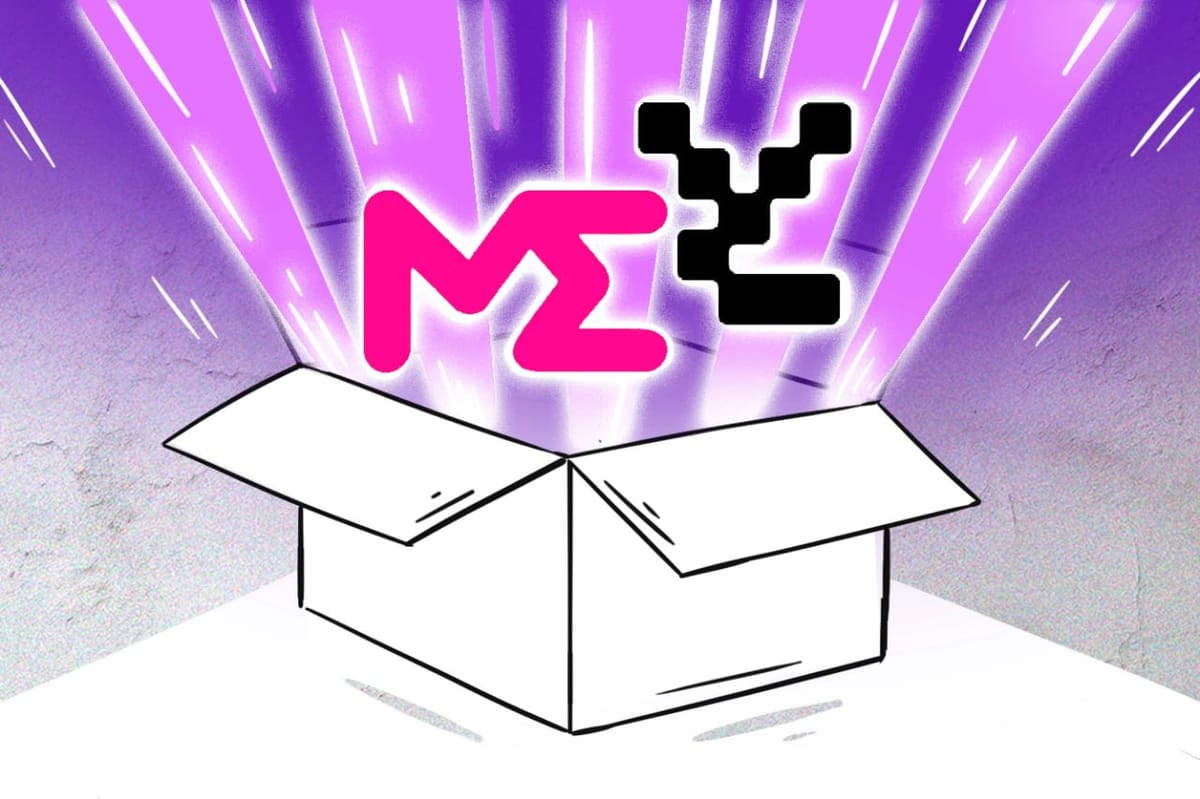
A new non-fungible token (NFT) marketplace arrives in the Web3 space today. The Ethereum-based platform is the result of a partnership between NFT studio Yuga Labs and cross-chain NFT marketplace Magic Eden, and it will be contractually obligated to pay royalties to all collections.
Royalties are payments to an artist for selling their work on secondary markets. Their enforcement in digital asset marketplaces drew in hundreds of talent creators to Web3 at the beginning of the NFT craze. Yet, when the crypto winter arrived in late 2022, platforms began to waver on creator fees to become more attractive to buyers and traders.
Last year, the introduction of optional creator fees changed the shape of the NFT market. OpenSea, the longstanding leader in trading volume, lost its top spot to pro-trader zero-fee marketplace Blur and eventually decided to also put an end to mandatory royalty fees.
While small-scale artists began looking at alternative platforms that secured a constant revenue stream, the BAYC and MAYC's studio partnered with Magic Eden to build a new one. Announced last November, the result of their collaboration became available today.
In an interview with NFTnow, the product manager at Yuga Labs, PPMan, explained that the primary goal of this new project is to make Web3 a space where creators can focus "on the really wild, weird stuff that can make the space fun again," by not having to worry so much about their revenue stream. "The monetization aspect is solved via royalties—rather than creators having to find alternative ways of doing business that could potentially kill that fun," he said.
Yuga Labs, which has an abundance of top-selling collections after buying competitor Proof, will be sunsetting some of them in marketplaces that don't pay artists for secondary sales of their work. Per the new platform's smart contract, any non-fungible token listed on it can only be sold on platforms that respect royalties.
Upholding creators' rights is laudable, but it might not be a sound business strategy.
Magic Eden navigated the bearish market quite well, and is currently the second-largest marketplace by trading volume and the third in terms of users.
Yuga Labs, however, has seen better days. Competitors like Pudgy Penguins are challenging its dominant position with innovative strategies. At the same time, the studio's relevance has waned now that a new wave of users is coming into the market looking for low-price and high-utility digital assets rather than the exclusivity that the studio collections have previously offered.
In 2024, the NFT market players, users, and collections are very different from those existing until mid-2022, when enforcing royalties was the industry standard. While they are still undoubtedly important to creators, is the market ready to start paying them again?

